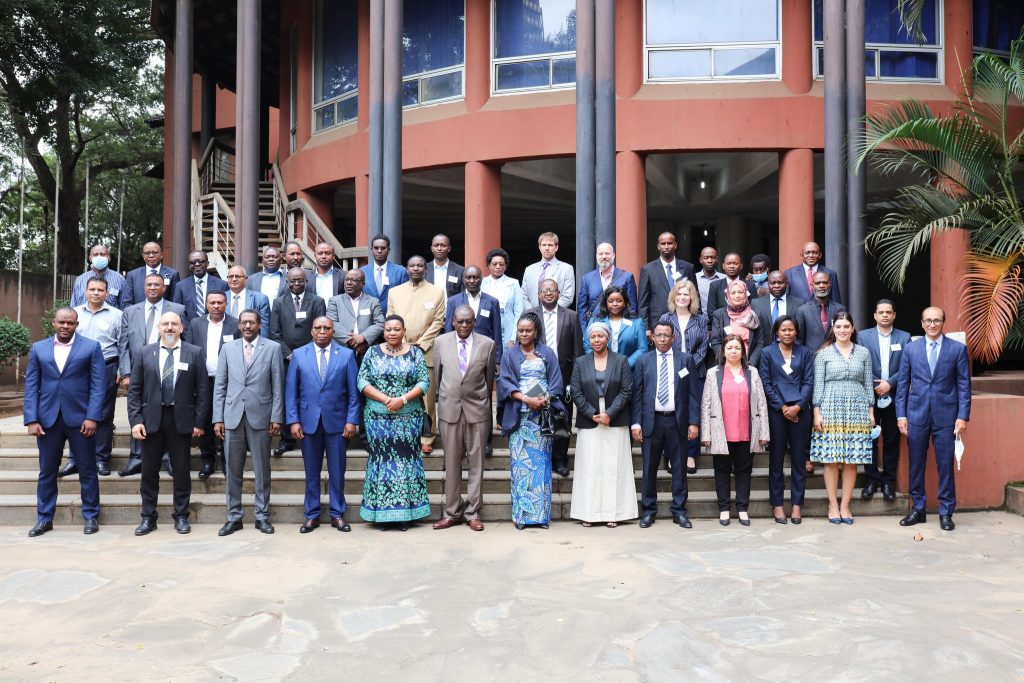
The first COMESA labour migration statistics report is set to be published after undergoing review by stakeholders in March 2022. The report, which is yet to be validated, is aimed at facilitating trade and investment by harnessing the potential of effective migration management in the region.
It is a product of collaboration between COMESA, the Swedish Statistics through the African Union Labour Migration Statistics Programme and the International Labour Organization (ILO) under the Southern Africa Migration Management (SAMM) project. It was prepared following consultations with national and regional level statistics’ agencies.
On 22 – 24 March 2022, delegates from the 21 COMESA Member States met In Lusaka, Zambia, and reviewed findings of the report which will eventually be part of the COMESA regional migration database. This marks a step closer to the realization of a regional database on migration statistics and information sharing mechanism.
It is also in accordance with the decision of COMESA Ministers responsible for immigration, which was endorsed by the COMESA Council of Ministers and the COMESA Authority of Heads State and Government.
The report will contribute towards addressing the challenges that face the implementation of the COMESA Visa Protocol and the entry into force of the protocol on free movement of persons, labour, services, right of establishment and right of residence in COMESA, enshrined in Article 164 of the COMESA Treaty.
Addressing the delegates, COMESA Assistant Secretary General in Charge of Programmes, Ambassador Kipyego Cheluget, urged Member States to mainstream statistics into national and regional strategic development plans to contribute to effective decision and policy formulation in our governance systems.
“With proper labour migration statistics in the region, it will be possible to dispel myths that migrants come to take away jobs of nationals,” he noted.
At the validation workshop, the delegates also discussed the future of labour migration statistics in COMESA, by exploring the need for technical support to align national data with international statistical standards and support coordination and information dissemination within and between Member States.
Speaking at the event, Dr Nikolaus Koutakis, Advisor on Labour Migration at Statistics, Sweden said:
“The support to improved statistical capacity is part of Swedish work globally aimed at ensuring a world where everyone counts, and no one is left behind.”

